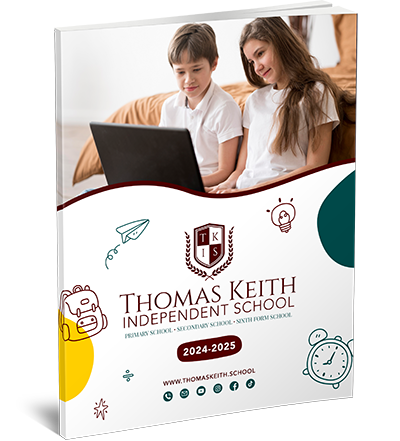GUIDANCE ON TEACHING THE GIFTED AND TALENTED
General Guidance
Institutional and Subject Policies
Institutional and Subject Policies for Gifted and Talented Learners
Crafting an effective policy for gifted and talented students requires a collaborative effort involving senior management, board members, staff, parents, and students. Such policies aim to make the provision for gifted and talented learners an integral part of the educational process. Here’s a guide to shaping such a policy:
Developing an Institution-wide Policy
- Leadership: The gifted and talented coordinator should lead and manage the policy-making process.
- Policy Form: Schools need to decide whether to have a separate gifted and talented policy or integrate specific statements into subject-specific policies.
- Audit: Begin by assessing how the institution’s existing values, aims, and policies cater to the gifted and talented.
- Collaboration: With institutions increasingly working together, especially in the 14-19 age bracket, there’s a need for cohesive policies at the area level.
Components of the Policy:
Policy Rationale and Aims:
Need: Why is such a policy essential? (Refer to the National curriculum values and aims for guidance.)
Alignment: How does it fit with the institution’s overall goals and values?
Objectives: What are the specific aims for the gifted and talented learners?
Definitions:
Categories: Define the various categories under the gifted and talented umbrella. (Check out the definition guidelines.)
Identification:
Who are they?: Characteristics and traits of these learners (See ‘Characteristics to look for’ for guidance).
Recognition: How will the institution identify them? (What practices are effective?)
Needs: Identify the specific requirements of these learners.
Provision:
In-class:
Create an effective learning environment.
Ensure curriculum appropriateness.
Emphasize the significance of questioning.
Incorporate both formative and summative assessment techniques.
(For details, refer to ‘Matching teaching to learners’).
Out-of-class Activities:
Plan extracurricular activities.
Collaborate with external entities.
(For in-depth details, see the guidelines on out-of-school activities and subject-specific guides.)
Organizational Issues:
Planning Principles: Guiding principles for crafting the policy.
Duties and Roles: Clearly define the roles and responsibilities.
Transfer and Transition:
Ensure a smooth transition for students, focusing on sharing pertinent information across relevant key stages or phases.
Resources:
Detail the resources needed and where they can be sourced from. The resources section of subject-specific guidelines can offer insights.
Monitoring and Evaluation:
The policy must be periodically reviewed and adjusted based on its effectiveness. Utilize the monitoring and evaluation guidelines for this purpose.
In conclusion, an effective policy for gifted and talented learners should be comprehensive, catering to their unique needs while also integrating them seamlessly into the broader educational environment. Such policies ensure that these students receive the appropriate support and challenges needed to nurture their exceptional talents and abilities.




